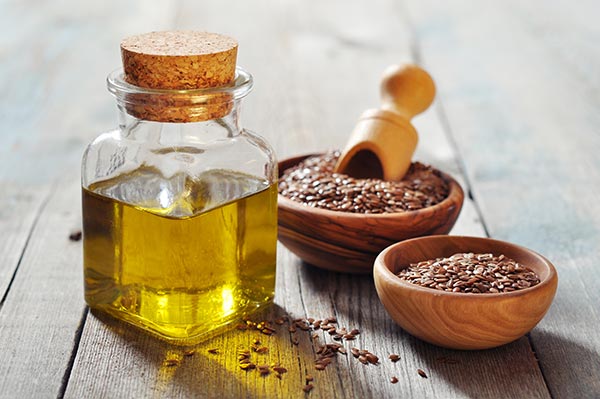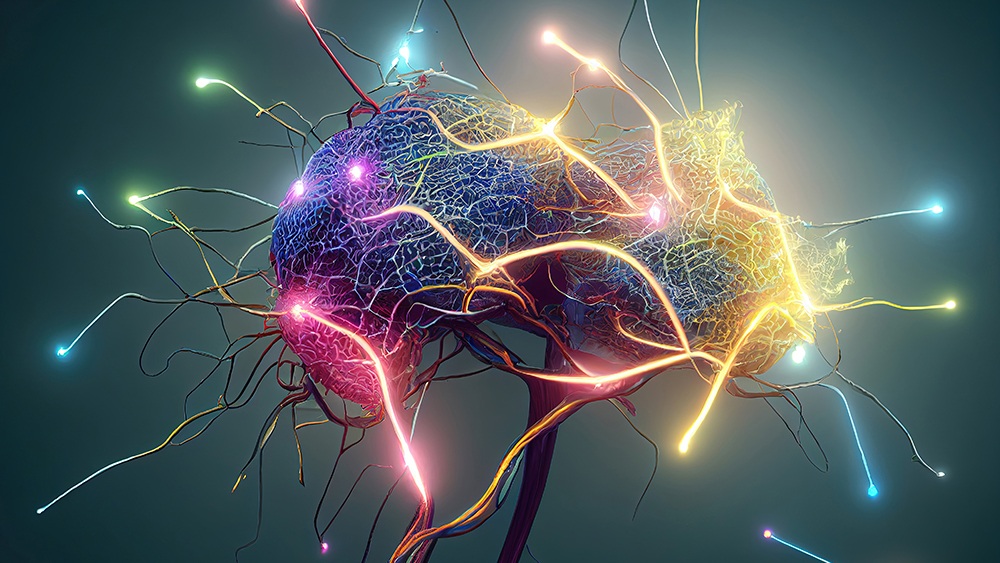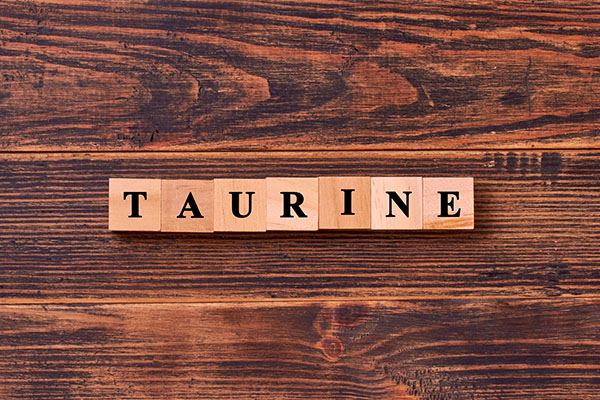6 Mushrooms you can eat to prevent cognitive impairment and reduce your dementia risk
04/03/2024 / By Evangelyn Rodriguez

A recent study by researchers at the National University of Singapore (NUS) found that older adults who consume more mushrooms in their diet have a significantly lower risk of mild cognitive impairment than those who don’t.
Mild cognitive impairment is a condition defined by experts as the stage between the expected cognitive decline that occurs with age and the more serious decline caused by dementia. While mild cognitive impairment could increase an adult’s risk of developing Alzheimer’s disease, this condition can be prevented or treated with healthy lifestyle adjustments and dietary interventions.
According to research, there is no single cause of mild cognitive impairment, but certain changes in the structure of the brain are often observed in people with this condition. These same changes can also be seen in the brains of people with Alzheimer’s or other forms of dementia, albeit in a worse degree. Suffering from diabetes, stroke or depression is said to increase a person’s likelihood of developing mild cognitive impairment.
Although the symptoms of mild cognitive impairment are not as severe as those of Alzheimer’s or dementia, the condition can still impact quality of life. Common signs of mild cognitive impairment include being forgetful, having trouble coming up with words and losing things often. But unlike people with Alzheimer’s, those suffering from mild cognitive impairment do not experience personality changes and can still perform their daily activities by themselves.
A mushroom-rich diet can help prevent mild cognitive impairment
To understand how mushroom intake can affect brain function, the NUS researchers analyzed data from 663 Singaporeans aged 60 and above. This six-year study, published in the Journal of Alzheimer’s Disease, was conducted from 2011 to 2017 and looked in particular at the amount of mushrooms the participants consumed in a week.
The researchers found that compared to participants who ate mushrooms less than once a week, those who consumed more than two portions of mushrooms per week had a 50 percent lower risk of having mild cognitive impairment. This association was independent of age, gender, education, alcohol consumption, smoking habits, physical and social activities, and other conditions like hypertension, stroke, diabetes and heart disease.
For reference, a portion is equivalent to a 3/4 cup serving of cooked mushrooms weighing about 150 grams (g). Two portions is about half a plate of cooked mushrooms. This is how much you should eat in a week to decrease your odds of having mild cognitive impairment, according to the study. On the other hand, the study also reported that consuming even just one small portion of mushrooms weekly can go a long way toward keeping your brain healthy.
Mushrooms are a versatile and nutritious culinary ingredient, being one of the few food sources of ergosterol. This compound is converted into vitamin D2 upon exposure to ultraviolet (UV) light. A one cup serving of mushrooms can also provide plenty of other nutrients, such as protein, copper, B vitamins, potassium and iron.
But most importantly, the NUS researchers believe that the brain-boosting effect of mushrooms is thanks to ergothioneine, an amino acid found in almost all mushroom varieties. “[Ergothioneine] is a unique antioxidant and anti-inflammatory which humans are unable to synthesise on their own. But it can be obtained from dietary sources, one of the main ones being mushrooms,” explained Dr. Irwin Cheah, one of the study authors.
According to a more recent study published FEBS Letters, ergothioneine has shown antidepressant activities in mice and memory-enhancing effects in humans. Its brain benefits can be attributed to its ability to protect brain cells (neurons) from oxidative damage and promote neurogenesis (formation of new neurons) and neuronal maturation.
Other bioactive compounds in mushrooms, such as hericenones, erinacines, scabronines and dictyophorines, can also promote the synthesis of neuronal growth factors and may also help reduce your risk of cognitive decline. (Related: Organic functional mushrooms: best immune-boosting medicine from Mother Nature)
6 Brain-supporting mushrooms to incorporate into your meals
If you’re wondering which among the 200 edible mushrooms known to humans you should add to your diet for better brain health, here are six of the best ones at supporting healthy brain function, according to science.
Chaga mushroom (Inonotus obliquus)
According to a study published in the International Journal of Biological Macromolecules, chaga mushroom contains a bioactive polysaccharide that can protect against Alzheimer’s disease by enhancing the expression of Nrf2 in the brain. Nrf2 is the protein “responsible for regulating an extensive panel of antioxidant enzymes” which are involved in detoxification and combating oxidative stress.
The brain’s susceptibility to oxidative stress is a crucial detrimental factor in Alzheimer’s disease. (Related: Here’s all you need to know about chaga mushrooms and their health benefits.)
Oyster mushroom (Pleurotus ostreatus)
Widely used in Traditional Chinese Medicine (TCM), the oyster mushroom is often prescribed to help relax the muscles, tendons and joints. Research has found that, like chaga, the oyster mushroom can help decrease oxidative stress in the brain.
According to a study by Indian researchers, oyster mushrooms contain compounds that can protect against oxidative damage by elevating the levels of antioxidants, such as vitamin C and glutathione, and various antioxidant enzymes in the brain in response to stressors.
Lion’s mane (Hericium erinaceus)
When it comes to supporting a healthy brain and nervous system, lion’s mane is considered one of the best mushrooms to eat. Studies show that the hericenones and erinacines in lion’s mane can induce the expression of nerve growth factors that help regulate the growth, development and maintenance of brain neurons.
A clinical study involving Japanese adults with mild cognitive impairment also found that other components in lion’s mane, particularly in its fruiting body where hericenones are concentrated, possibly contribute to its neuroprotective benefits.
Maitake (Grifola frondosa)
Maitake is widely considered to be a superfood because of its abundance of important nutrients. These include protein, dietary fiber, carbohydrates, the vitamin D2 precursor ergosterol, and minerals like potassium, phosphorus, calcium and magnesium.
According to a study published in the journal RSC Advances, maitake contains a polysaccharide called proteo-B-glucan that has strong immunomodulatory and neuroprotective properties. Proteo-B-glucan has been found to ameliorate Alzheimer’s disease-like pathology as well as memory and learning impairments by promoting the clearance of amyloid-B plaques in the brain.
Reishi (Ganoderma lucidum)
Also known by its Chinese name lingzhi, reishi is a medicinal mushroom that’s known for its many health benefits, which include boosting the immune system, fighting cancer, reducing fatigue and depression, and supporting optimal brain function.
According to a study published in Frontiers in Aging Neuroscience, reishi mushroom contains powerful triterpenoids that can mitigate age-related brain physiological decline. In particular, the compound ganoderic acid A was found to improve brain function in mice with Alzheimer’s disease, thanks to its ability to promote the elimination of pathological metabolites that can damage the brain.
Shiitake (Lentinula edodes)
A recent study by Chinese researchers found that consuming shiitake can help prevent cognitive impairments caused by a high-fat diet. Being on a high-fat diet is said to cause changes to your gut microbiota over time that can trigger brain inflammation. However, the study found that the beta-glucan in shiitake can prevent this detrimental shift in your gut microbial composition, thus protecting your brain from damage that leads to impaired cognitive functions. (Related: Study: Eating more shiitake mushrooms can reduce the effects of a high-fat diet.)
Mushrooms are nutritious and versatile ingredients that you can easily incorporate into various recipes. Start adding mushrooms to your diet to maintain healthy brain functions as you age.
Watch this video to learn more about the health benefits of reishi mushroom.
This video is from the Holistic Herbalist channel on Brighteon.com.
More related stories:
Mushrooms really are magic, especially when it comes to brain health.
Mushrooms boost brain health: Eat them twice a week to prevent dementia.
Younger-looking skin, stronger bones and improved brain health: 6 Reasons to eat more mushrooms.
Reishi mushroom show tremendous promise in strengthening the immune system.
Sources include:
ARS.USDA.gov [PDF]
Translational-Medicine.BiomedCentral.com
Submit a correction >>
Tagged Under:
chaga, dementia, ergothioneine, food cures, food is medicine, food science, functional foods, health science, herbal medicine, Herbs, lion's mane, maitake, mild cognitive impairment, natural cures, natural health, natural medicine, oyster mushroom, phytonutrients, reishi, remedies, research, shiitake
This article may contain statements that reflect the opinion of the author
RECENT NEWS & ARTICLES
ANTIAGINGSCIENCENEWS.COM is a fact-based public education website published by Anti Aging Science News Com Features, LLC.
All content copyright © 2018 by Anti Aging Science News Com Features, LLC.
Contact Us with Tips or Corrections
All trademarks, registered trademarks and servicemarks mentioned on this site are the property of their respective owners.




















